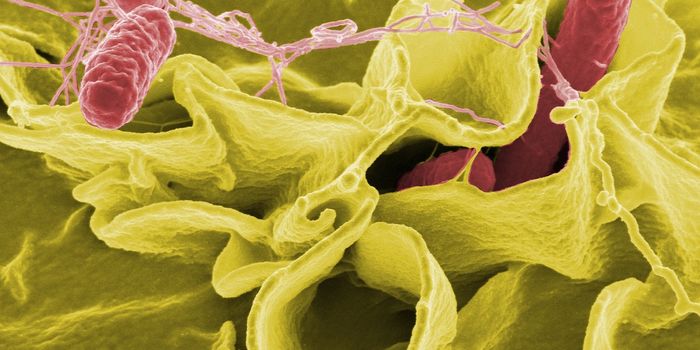Real-World, Post-Delta COVID-19 Vaccine Data & Potential Treatment
Recent work has confirmed that the vaccines developed by Pfizer, Moderna, and Johnson & Johnson are effective at preventing SARS-CoV-2 infection, which causes COVID-19. Researchers analyzed data collected in the United States from June, July, and August 2021, after the Delta variant became the dominant cause of SARS-CoV-2 infections in the country; 32,000 medical encounters were included in this study. The research found that among people who get COVID-19, those who have not been vaccinated are five to seven times more likely to need emergency care than vaccinated people.
The Moderna vaccine was found to be 95 percent effective at preventing hospitalizations due to COVID-19 in people over age 18, and 92 percent effective at preventing urgent or emergency care visits. For the Pfizer vaccine, 80 percent of hospitalizations and 77 percent of urgent or emergency care visits are prevented, and for the Johnson & Johnson vaccine, 60 percent of hospitalizations and 65 percent of urgent or emergency clinic visits are prevented.
“Despite the differences in effectiveness, vaccines continue to offer much more protection than not getting one at all,” noted Shaun Grannis, M.D., M.S., Regenstrief Institute vice president for data and analytics. “While breakthrough cases do happen, data shows the symptoms are less severe. The vast majority of COVID hospitalizations and deaths continue to be among unvaccinated individuals. COVID-19 vaccines are powerful tools for combating the pandemic.”
Over 176 million Americans have been vaccinated for COVID-19 as of September 7, 2021. Up to this point, the CDC has recorded about 2,000 deaths from breakthrough infections, the term for a SARS-CoV-2 infection in a vaccinated person. Most of those individuals have been over the age of 80.
Researchers are also continuing to search for an effective treatment for COVID-19. Scientists have used a variety of methods to screen existing drugs for potential candidates. New research reported in Nature has suggested that Probenecid may work as a preventive medication or post-exposure treatment. The study showed that it was able to stop the virus from replicating in animal models of both influenza and SARS-CoV-2 infection. Probenecid is already FDA-approved and has been on the market for over 40 years. It is typically used as a gout treatment and doesn't have many side effects.
“There’s really nothing out there to safely fight these viruses,” said lead Nature study author Ralph Tripp, GRA Eminent Scholar of Vaccine and Therapeutic Studies in UGA’s College of Veterinary Medicine. “This antiviral works for all RNA respiratory viruses we tested, including SARS-CoV-2. RSV, coronavirus, and flu all circulate in the same season. Bottom line is you can potentially reduce infection and disease using this one oral drug,"
Sources: Regenstrief Institute, University of Georgia, MMWR Morbidity and Mortality Weekly Report, Nature










